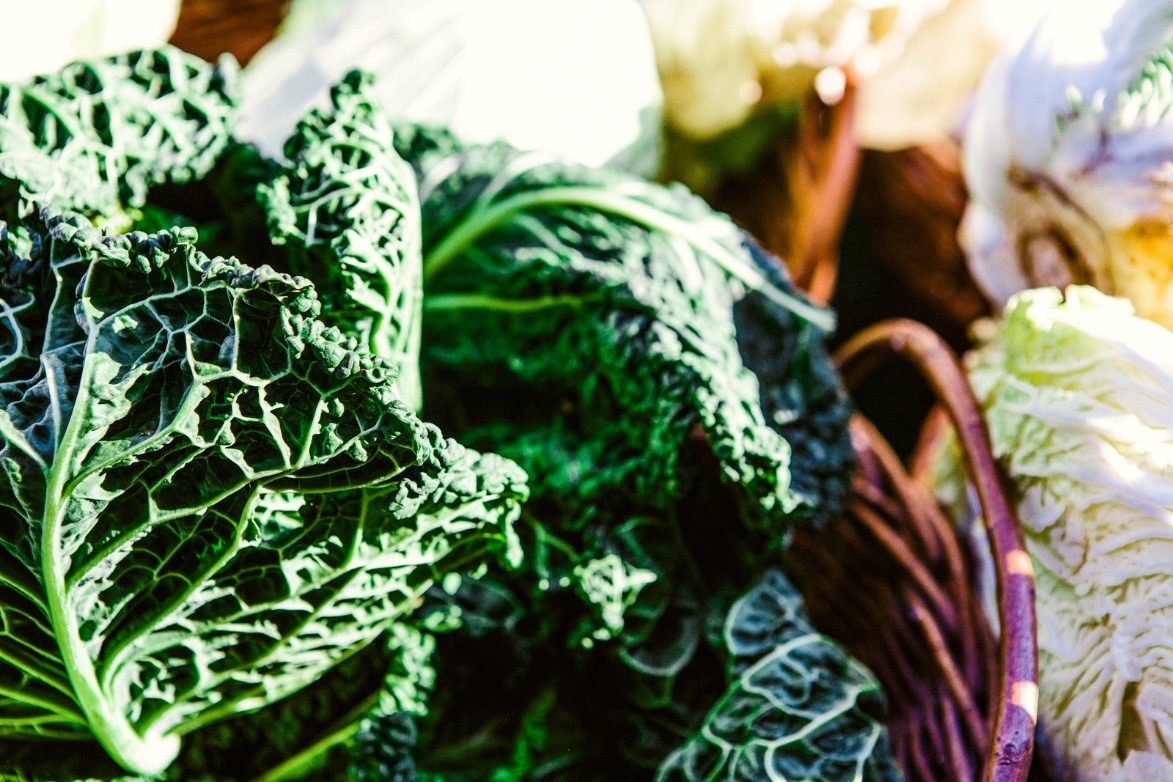In my last few blogs, I’ve talked about magnesium in pregnancy and it’s importance in preventing gestational diabetes, pre-term labour, cramps, headaches and high blood pressure. In this article, I share more information on the power of magnesium and how to increase your magnesium intake.
Magnesium in Pregnancy:
Not All Supplements Are Created Equal
The absorption of magnesium during pregnancy from supplements is not a 100% sure thing. Magnesium needs to make its way through the harsh stomach environment unscathed, so it can be absorbed in the intestines. Magnesium citrate has been shown through clinical trials to have far better rates of absorption via the gut. This increases the concentration of magnesium in cells, where it can be used far more efficiently in comparison to other forms of magnesium, such as magnesium oxide and magnesium amino acid chelate. Quality, dose and solubility is of vital importance.
Please consult with your health practitioner to recommend the ideal brand and dose for you.
What Foods Can I Eat To Increase Magnesium During Pregnancy?
The most abundant magnesium rich foods are green leafy vegetables. Chlorophyll, responsible for the green pigment found in plants, is rich in magnesium. Good sources include; spinach, kale, broccoli, watercress, collards and silver beet.
Legumes such as kidney beans, white beans, black-eyed beans, chickpeas, broad beans and lima beans also provide a good source of magnesium. However, legumes also contain a substance called phytic acid, which can bind to minerals such as magnesium, hence limiting absorption. Soaking, sprouting and fermenting can reduce the amount of phytic acid in these foods (see my blog on pregnancy and constipation for further information), and increase the availability of magnesium to the body.
Knowledge is Power
Make sure you include magnesium rich foods in your breakfast, lunch and dinner. This humble mineral has a power house of benefits for you during pregnancy. From reducing the risk of harmful events such as diabetes, preterm birth and pre-eclampsia, to relieving muscle cramps and headaches.
Understanding the fundamentals of magnesium in pregnancy can help you achieve the optimal health.
To book a consultation, where I’ll assess your individual and specific needs, click here. I proudly operate out of Brunswick Health, whose mission is to help you restore your health by using evidence-based conventional and alternative therapies. Brunswick Health has now helped over 35,000 clients since 1990 believing that the human body naturally strives to be in good health and balance.
As mentioned, magnesium is a power house mineral especially throughout your pregnancy. You may also be interested in reading Preventing Cramps, Headaches & High Blood Pressure in Pregnancy and Preventing Gestational Diabetes and Pre-Term Labour.

2 Comments